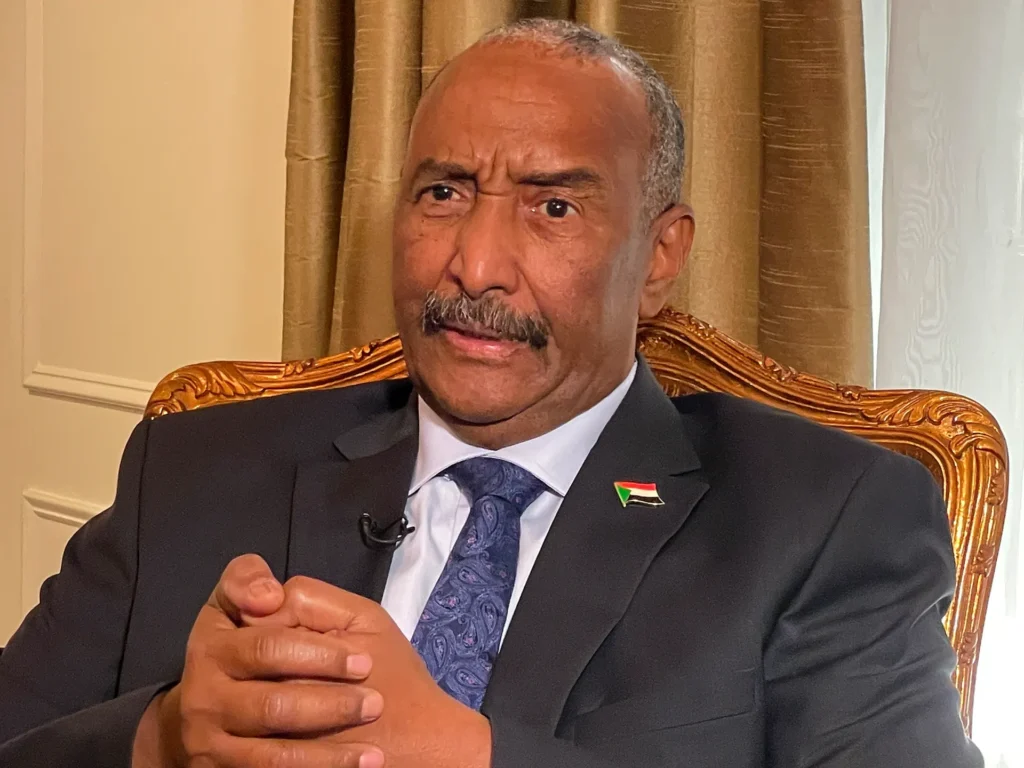
The ongoing conflict in Sudan threatens to inflict heavy economic damage on neighboring nations, according to the International Monetary Fund (IMF).
Catherine Pattillo, the IMF’s deputy director for Africa, highlighted the regional impacts in an interview with AFP.
“This is heart-wrenching and devastating for Sudan and its neighboring countries,” Pattillo said from Washington, ahead of the IMF’s regional outlook report for Sub-Saharan Africa.
The conflict in Sudan, which began in April 2023, has resulted in tens of thousands of deaths and displaced over 10 million people, with 2.3 million refugees now in neighboring countries, according to the United Nations.
Neighboring countries, including the Central African Republic, Chad, Eritrea, Ethiopia, and South Sudan, are facing economic strain from refugees, security issues, and disrupted trade.
The IMF report identifies these nations as particularly vulnerable due to their pre-existing challenges.
South Sudan, heavily reliant on oil exports, has seen its economic concerns worsen following damage to a key pipeline in Sudan.
This pipeline, essential for South Sudan’s oil transport, supports 90 percent of the nation’s exports, making the disruption critical for its economy.
Pattillo noted that internal conflicts, such as those in Sudan and the Sahel, along with external issues like the wars in Ukraine and the Middle East, are exacerbating economic pressures by impacting food, fertilizer, and energy prices.
In its outlook, the IMF also flagged trade protectionism as a growing challenge for Africa, as tariffs between the U.S., Europe, and China rise.
Despite these issues, the IMF projects Sub-Saharan Africa’s growth will improve to 4.2 percent next year, up from 3.6 percent in 2023.




